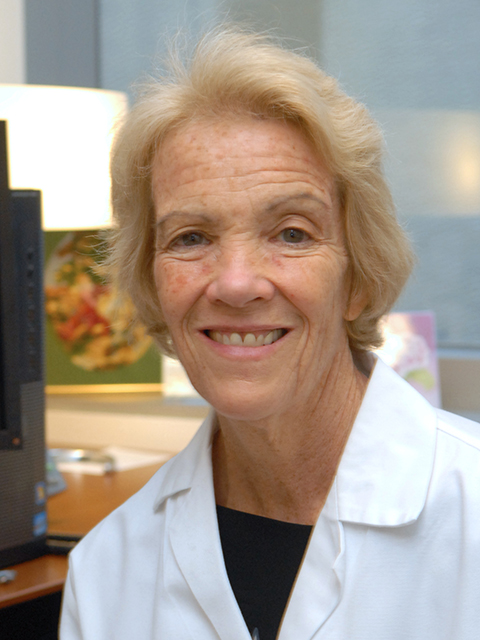
We cannot stop aging! It also changes your multiple sclerosis in important ways that we rarely discuss.
Our brains continue to grow until age of 13 and continue to myelinate until late 20s. After that all of us begin to lose some neurons and connections in white matter and synapses but multiple sclerosis patients experience this at younger age and faster rate due to their prior loss of connectivity.
Our brain and spinal cord reserve decreases with age and the ability to recover form relapses is impaired. Just as children get over viral illness and falls faster than we do, relapses take longer to repair and may not repair as well. Older patients may be left with residual from a relapse.
Our disease modifying medications were studied in younger patients who had more relapses. The risk of relapses decreases with age. We need to study these medications in older patients to understand how they are influencing inflammation and look for ways to stimulate repair and prevent oxidative stress.
We know that inflammation still plays a role in progressive MS which probably starts early in the disease. Pediatric MS children already have thalamic atrophy and so do RIS ( Radiologically Isolared Syndrome) where there are lesions on the MRI but patients do not even have symptoms yet. We need to continue to treat the immune system but maybe with different medications or in association with other metabolic and epigenetic medications to help with aging and oxidative stress.
At the present time we need to recognize that age is a risk factor for progression and continue to do all we can to maintain our daily health and functioning.
It is a hopeful new year. The vaccines are here and we all need to get them. We need to eat well. Start with Mediterranean type diet, good exercise program with stretch and posture, good sleep habits and social interactions. Treat hypertension, diabetes and heart disease and stay in touch with your MS doctor.
Nancy Nealon, MD

